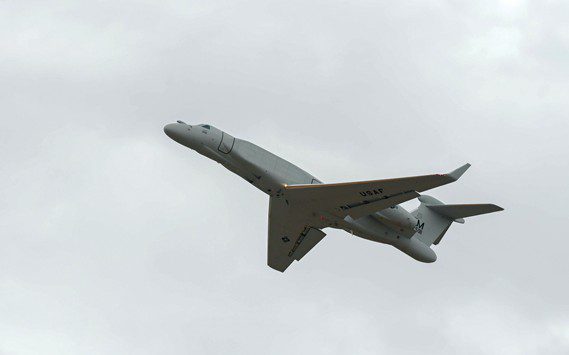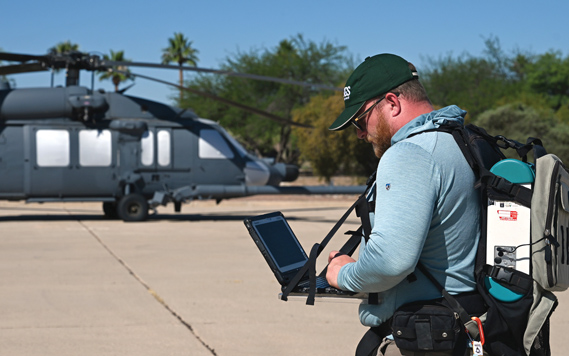LUKE AIR FORCE BASE, Ariz. — Money — many people use it every day, and it may seem to go as quickly as it comes. To ensure money is being saved or set aside toward a goal that is beneficial to the earner, creating and following a budget just might be the answer.
“A budget is essentially a spending plan,” said Robert Griffin, 56th Force Support Squadron Airman and Family Readiness Center community readiness specialist. “It directs your money toward where you want it to go. An easy way to remember it is, ‘If you don’t tell your money where to go, it will leave on its own.’”
Spending money carelessly is a common pitfall amongst many.
“It’s not uncommon that most people don’t know where their money’s going,” Griffin said. “Typically, I find my clients have a surplus of $600 to $1,000 each month, but when I point that out to them, most say they don’t see how it’s true when they’re broke all the time.”
It’s usually in discretionary spending where people go wrong with their budgets, Griffin said. Discretionary spending is any extracurricular things you do, like going to the movies, going out to dinner, going to a coffee shop or buying snacks from the convenience store.
While everyone has different financial goals, it’s best to start with the essentials.
“It’s important to budget for your living expenses or the ‘Four Walls’ as we call it, which is your mortgage or rent, utilities, food, and insurance,” Griffin said. “This ensures your basic needs are met before we move on to how much is going to savings and how much is set aside for spending.”
After subtracting one’s needs it’s recommended to have a goal in mind.
“Before creating a budget, we recommend creating a goal,” said Senaida Larson, 56th FSS A&FRC community readiness specialist. “This could be something as simple as saving $50 a month, spending less on groceries or putting a down payment on a house. The list goes on. Doing this will motivate you to stick with your budget to reach your goal.”
A&FRC financial counselors help clients by observing their spending which assists them in finding where their money is going.
“A technique we use for our clients is monitoring their spending. They write down everything they buy no matter if it’s with cash, debit or credit,” Larson said. “I usually find about 80 percent of that surplus in what they’re just spending mindlessly. What we do best is keep people accountable to the budget they create. We call to ask how they’re doing and schedule follow-up appointments if needed.”
For those unsure about where to start, the financial counselors at the A&FRC are there to help.
“Come see us. We have a comprehensive budget plan and can provide Airmen with free service,” Griffin said. “We can help get you on the right track. It doesn’t matter what rank you are, we can help. Start budgeting now. It will positively impact your financial well-being.”












